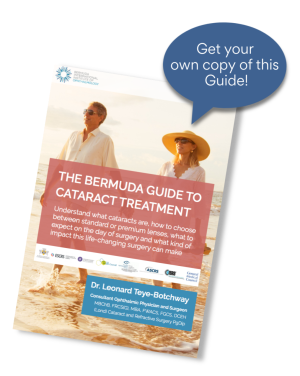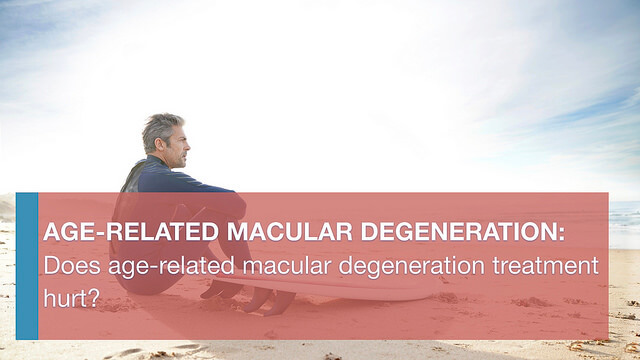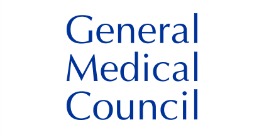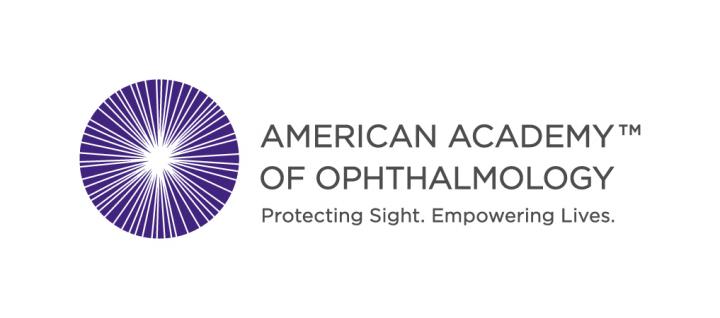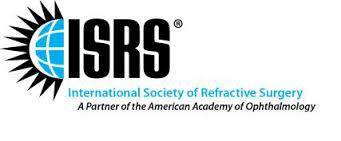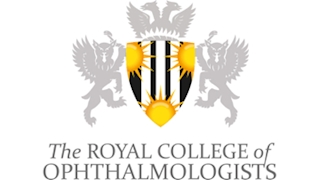Farsightedness
Hyperopia (farsightedness), is a refractive error, which means that the eye does not bend or refract light properly to a single focus to see images clearly. In hyperopia, distant objects look somewhat clear, but close objects appear more blurred.
People experience hyperopia differently. Some people may not notice any problems with their vision, especially when they are young. For people with significant hyperopia, vision can be blurry for objects at any distance, near or far. It is an eye focusing disorder, not an eye disease.
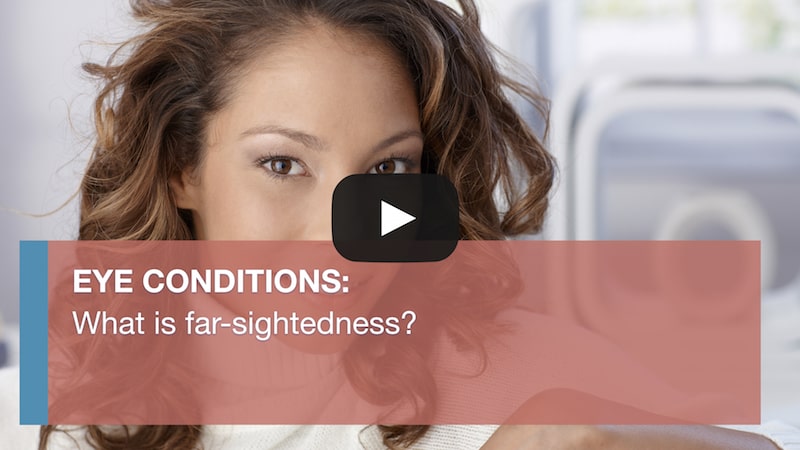
What causes farsightedness?
Abnormal shape of the cornea Nearsightedness it often is presented from birth.
in order for our eyes to be able to see, light rays must be bent or refracted by the tear film, the cornea and the lens so they can focus on the retina, the layer of light-sensitive cells lining the back of the eye. The retina receives the picture formed by these light rays and sends the image to the brain through the optic nerve, which is actually a part of the brain.
Hyperopia occurs when the eye is shorter than normal or has a cornea (clear front window of the eye) that is too flat. As a result, light rays focus beyond the retina instead of on it. Generally, this allows you to see distant objects somewhat clearly but near objects will appear more blurred.
Like myopia or nearsightedness, farsightedness is usually inherited. Most children are farsighted, yet they do not experience blurry vision. With focusing (accommodation), children’s eyes are able to bend the light rays and place them directly on the retina. As long as the farsightedness is not too severe, hyperopic children will have clear vision for seeing objects at a distance and up close. As the eye grows and becomes longer, hyperopia lessens.
Some of the signs and symptoms of hyperopia include difficulty with close tasks like reading, eyestrain, squinting and headaches.
Most children are farsighted, yet they do not experience symptoms of blurry vision because their eyes are able to bend the light rays to place them directly on the retina.
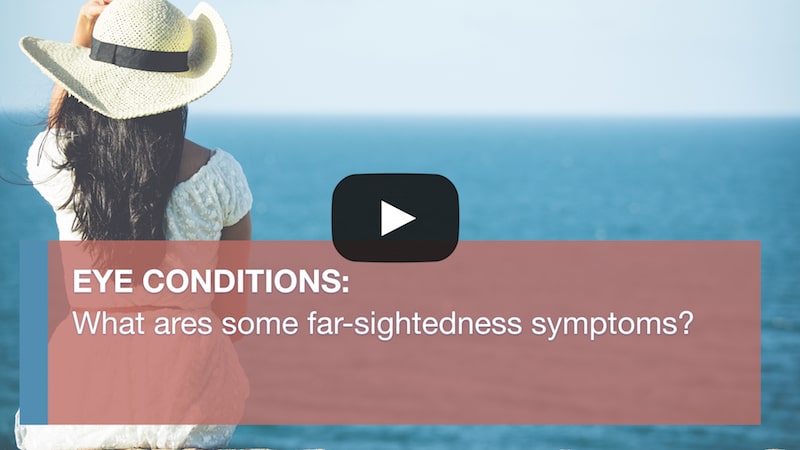
How do you know you have farsightedness?
- Headaches
- Blurry vision
- Eye strain
- Difficulty seeing with both eyes(binocular vision may occur)
Farsightedness examination in Bermuda
Comprehensive eye exam Visual acuity testing, color blindness, ocular motility testing, Refraction and visual fields testing will be conducted. Your eye doctor can diagnose hyperopia as part of a comprehensive eye examination. He or she will determine if you have hyperopia by using a standard vision test, where you are asked to read letters on a chart placed at the other end of the room, and other measurements.
If the vision test shows that you are farsighted, your doctor will use certain examination devices to learn what is causing the hyperopia. By shining a special light into your eyes, a retinoscope will be used to see how light reflects off your retina. As the light is reflected back from inside the eye, it can indicate whether a person is farsighted or nearsighted.
Your eye doctor will also use a phoropter, an instrument that measures the amount of refractive error you have. Your proper eyeglass prescription will correct your refractive error.
Farsightedness treatment in Bermuda
Eyeglasses or contact lenses are the most common methods of correcting hyperopia symptoms. They work by refocusing light rays on the retina, compensating for the shape of your eye. They can also help protect your eyes from harmful ultraviolet (UV) light rays. A special lens coating that screens out UV light is available.
In other cases, people may choose to correct hyperopia with LASIK or another similar form of refractive surgery. These surgical procedures are used to correct or improve your vision by reshaping the cornea, or front surface of your eye, effectively adjusting your eye’s focusing ability. There is not adequate scientific evidence to suggest that eye exercises, vitamins or pills can prevent or cure hyperopia. There is no best method for correcting hyperopia. The most appropriate correction for you depends on your eyes and your lifestyle. You should discuss your lifestyle with your eye doctor to decide which correction may be most effective for you.
Latest news from your eye doctor in Bermuda
We regularly share new videos and blog posts for our Bermudian patients about common eye questions and concerns. You can subscribe at the bottom of this page to receive the latest updates.
Does Age-related Macular Degeneration treatment hurt?
Age-related Macular Degeneration treatment is quite comfortable for most patients. We ensure that patients are as comfortable as possible before beginning.
How much does glaucoma treatment cost?
The glaucoma treatment cost depends on the type of glaucoma the patient has. It also depends on their insurance coverage.
Does cataract surgery hurt?
Because of the anaesthetic eye drops we administer before and during a cataract operation, the treatment does not hurt. Most patients are very comfortable during the procedure.
Memberships and Accreditations
CALL TO ASK A QUESTION OR BOOK YOUR ANNUAL EYE CHECK
Call us on:
441-232-3937
About the author
Leonard Teye-Botchway
Consultant Ophthalmic Physician and Surgeon |MBChB, FRCS(G), MBA, FWACS, FGCS, DCEH (Lond), Postgraduate Diploma in Cataracts and Refractive Surgery
I am Leonard Teye-Botchway and I am the Medical Director and Consultant Ophthalmologist at Bermuda International Institute of Ophthalmology in Bermuda. The joy and elation I get from seeing patients who are very happy they can see after surgery is almost unimaginable. This is what really drives me to carry on being an ophthalmologist.
We have sourced some or all of the content on this page from The American Academy of Ophthalmology, with permission.

